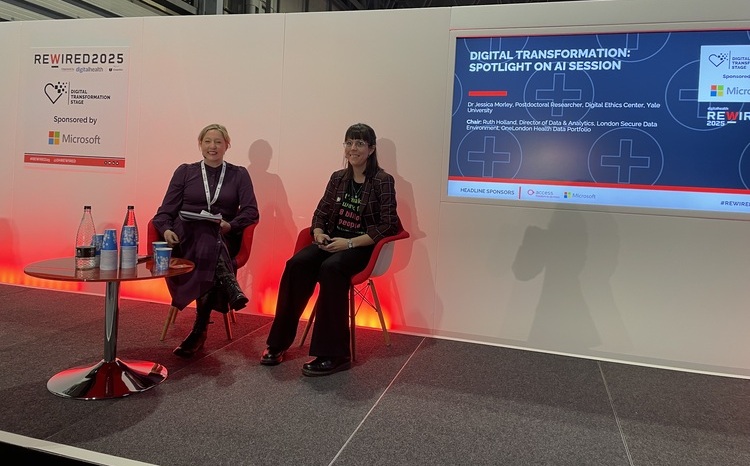Digital workforce strategy will help bring NHS to ‘the next frontier’

An independent review exploring how digital transformation could change the training of health staff will help bring the NHS to “the next frontier,” according to Dr Eric Topol.
‘The Topol Review: Preparing the healthcare workforce to deliver the digital future’, will look at opportunities where the NHS can invest in digital training for its tens of thousands of members of staff.
The review will be led by Dr Topol, an expert in cardiology, genetics and digital medicine and will be facilitated by Health Education England (HEE).
An interim report, published in June 2018, claimed that Topol’s review marked “the beginning of the conversation” and included suggestions of three key principles that should govern the NHS’s future workforce strategy.
These are:
- Patients: If willing and able to do so, will be empowered by new tools to become more actively involved and engaged in their care.
- Evidence: The introduction of any technology must be grounded in robust research evidence with a fit for purpose and ethical governance framework that patients, public and staff can all trust.
- Gift of time: Whenever possible, the adoption of technology should be used to give more time for care, creating an environment in which the patient-clinician relationship is enhanced.
Part of the interim report looked at the theme of artificial intelligence (AI) and robotics, concluding that “all clinicians should be educated in the ethical standards and good practice of working with AI”.
Topol said: “We desperately need innovation in healthcare. Artificial Intelligence is already in every aspect of our lives – from navigation to voice recognition – and will now be applied to healthcare, the next frontier.”






2 Comments
Hmm, this doesn’t give much meat on the bone and at the moment seems to be rather floppy and too general with wish lists. Rather than having lots of meetings with disparate groups and interests trying to be catered for, by well meaning managers, activities and expenditures need to be identified at the point of need. Those who are going to be the end users and beneficiaries of new systems need to be empowered to find out what measures might be possible. Demonstrations, information and courses need to be identified and targeted at relevant areas. With needs, costs and benefits then known, decisions can be made on best first steps.
SPAM ALERT!
Comments are closed.